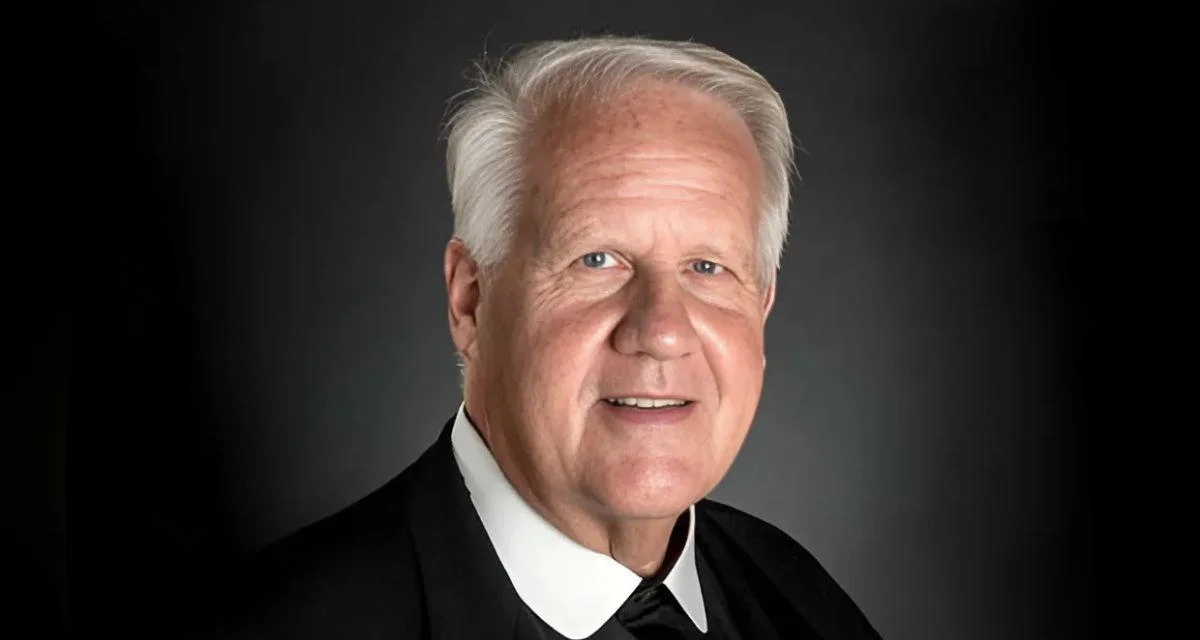
Rev. James D. Conley, D.D., S.T.L. | Diocese of Lincoln website
The question of whether one can sin in a dream has intrigued many, and the answer lies in the involuntary nature of dreams. Historically, dreams have been viewed as divine communications or mere mental processing of emotions and memories. The Scripture offers a balanced perspective, acknowledging that while God may communicate through dreams, they are typically natural occurrences not to be overly emphasized.
What defines a sin is the conscious and deliberate choice to act against our own good or that of others. Sin is more than just violating rules established by ancient celibates; it's about actions that harm us or our neighbors. Given our impaired intellects due to the Fall, we sometimes fail to recognize destructive behaviors. Hence, the Church compassionately delineates what is good and evil to guide us.
In dreams, we don't actively make choices because our minds aren't under our control. Even if you dream of being an American spy fighting Russian soldiers and cult members - hypothetically speaking - you're not accountable for those actions because they're involuntary.
Lucid dreaming - where you're aware you're dreaming and can control your actions - doesn't change this lack of culpability. Although it might feel like you're in control, the extent of actual control remains debatable. It's akin to being drunk; despite feeling in control, you aren't truly so.
However, if someone intentionally induces sinful thoughts with hopes of experiencing them in a dream without consequences, they are culpable. Not for their dream actions but for entertaining sinful thoughts when fully conscious. For instance, fantasizing about punching your boss before sleep in hopes of dreaming about it constitutes a sin due to these premeditated thoughts.
Ultimately, it's crucial not to become excessively scrupulous about dreams and culpability. If stress-induced dreams revolve around "sinful" matters without intentional triggering, it's not considered a sin but part of human nature. We already bear enough responsibility for our actions; there's no need to hold ourselves accountable for things beyond our control.



 Alerts Sign-up
Alerts Sign-up